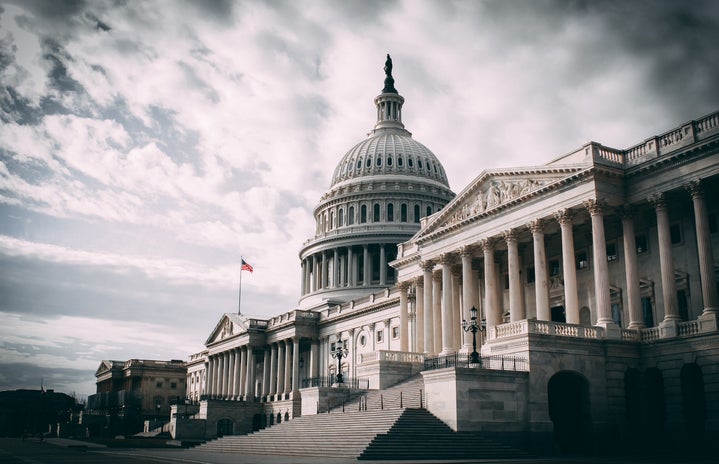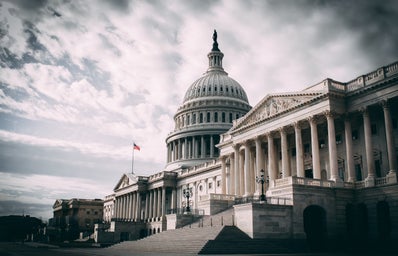It’s a sad but simple fact: we live in a country where mass shootings are a fairly regular tragedy. In 2019, there were 417 mass shootings, more than days in the year. Most recently, on March 16th, eight were killed in Atlanta when a gunman began shooting in three different spas in an attack that was most likely racially motivated. On March 22nd, ten were killed in a shooting at a Boulder supermarket. There were five other mass shootings that week as well, that were not as publicized in Houston, Gresham, Stockton, Dallas, and Philadelphia. The response from Republican lawmakers? To vote against bills that would strengthen gun laws and increasing the length of time for background checks from 3 days to 20.
Republican lawmakers have always historically and stoically defended the second amendment, which, for the record, is talking about a well-regulated militia. But let’s ignore that for a second. Besides the fact that the Republican Party benefits significantly from donations from the National Rifle Association, including a whopping $54 million during the 2016 election (according to the Center for Responsive Politics), gun rights and conservatism have been closely tied for years. Republican lawmakers believe that owning guns is the right of Americans. During elections, they often fear-mongering the crowds with empty threats that the Democratic opposition wants to take their guns. In fact, Senator Ted Cruz said those literal words in a radio song about his opponent Beto O’Rourke in the 2018 Texas Senatorial race, saying that the challenger “wants to take our guns.”
Something Republicans choose to ignore is that the US is the top country for civilian gun ownership in the world, with an average of 120.5 guns per 100 people, and 73% of homicides in the United States are gun related. Despite all the rhetoric and committees that Ted Cruz so obviously hates, as seen by his exclamations during a meeting of the Senate Judiciary Committee the day after the Boulder shooting, guns are still extremely easy to purchase. The number of mass shootings in recent years has increased (as well as the death count, as seen by a study done by the Los Angeles Times). According to Giffords Law Center, my home state of Texas has a gun law safety rating of F, and states with more lax gun laws, such as Arkansas and Mississippi, have a higher amount of gun deaths.
One of the main problems with gun laws is that the laws vary widely from state to state. For example, gun laws in California are relatively strict. Still, if someone in California wants to buy a gun, they could drive over to Arizona and buy one quite easily (Arizona’s grade for strong gun laws on Giffords Law Center is an F, while California’s is an A). Additionally, several “deadly loopholes” exist, allowing potential buyers to forgo a background check by purchasing guns at gun shows, private sales, or online. There are few regulations on assault rifle bans (the ban on federal assault weapons and large-capacity ammunition ended in 2004). As a result there has been an increase in high fatality mass shootings by 183%.
The fact is that both state and national legislators need to do more about gun control laws because what has been done isn’t nearly enough. On average, the US experiences one mass shooting a day, and the numbers aren’t decreasing. This leaves the nation with the question: how much more are lawmakers willing to take before they enact stricter gun laws?



